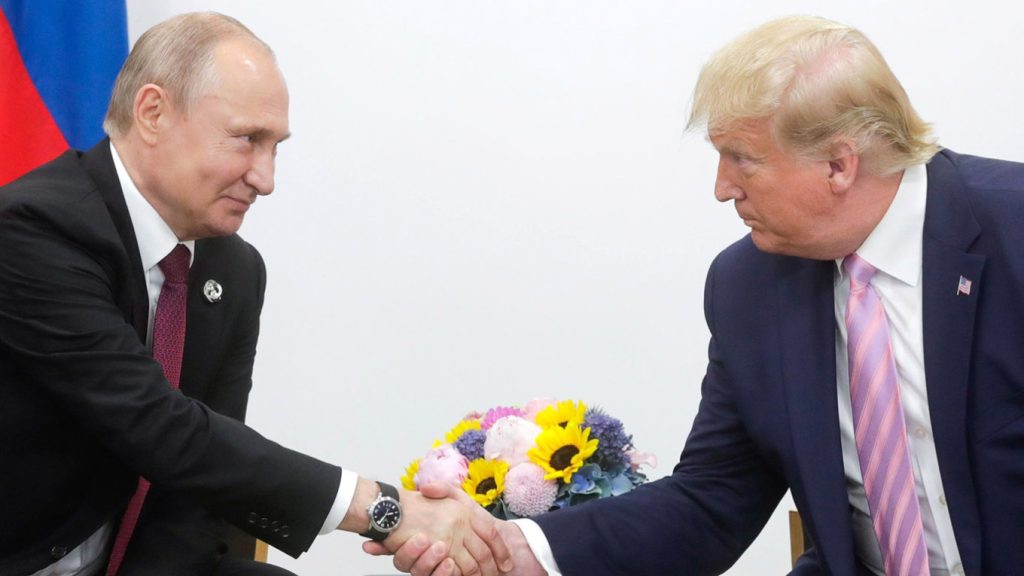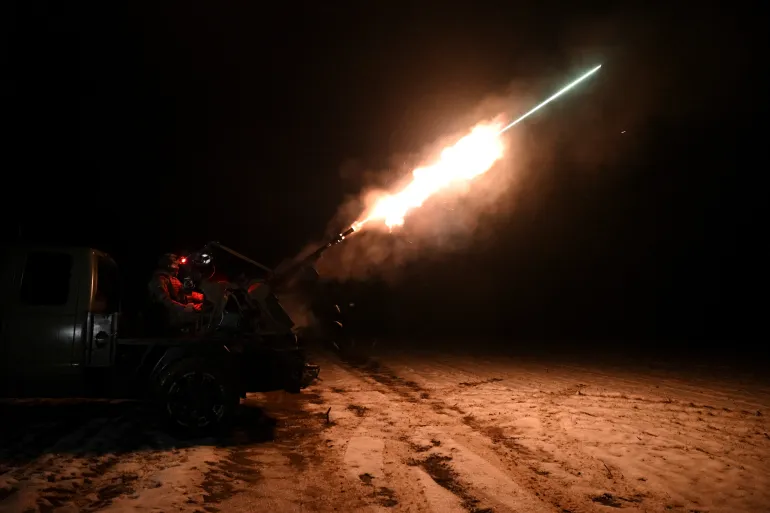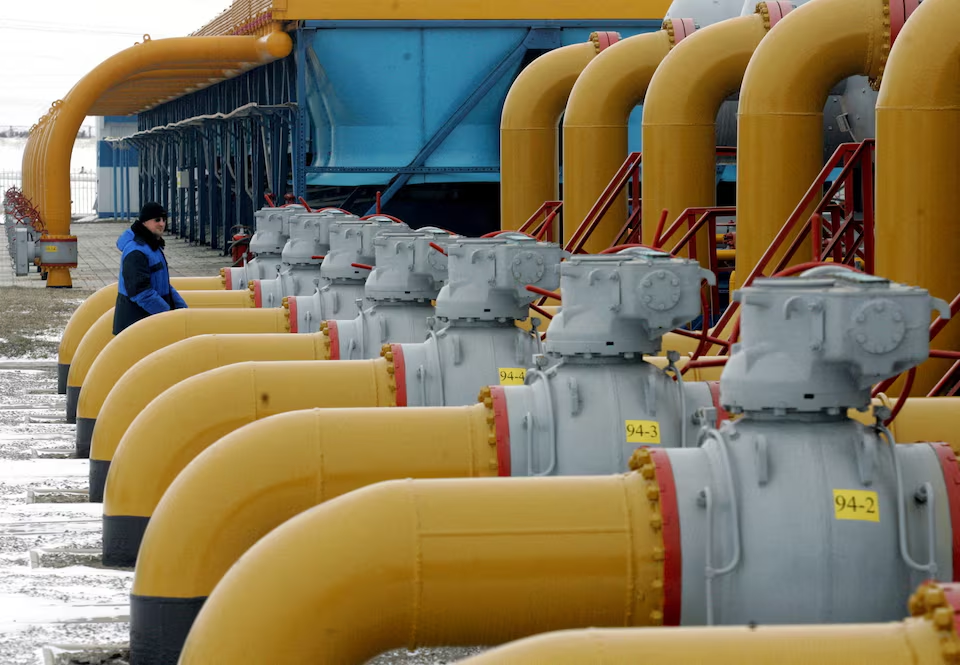Germany’s Scholz Calls Putin Amid Rising Tensions Over Ukraine Conflict
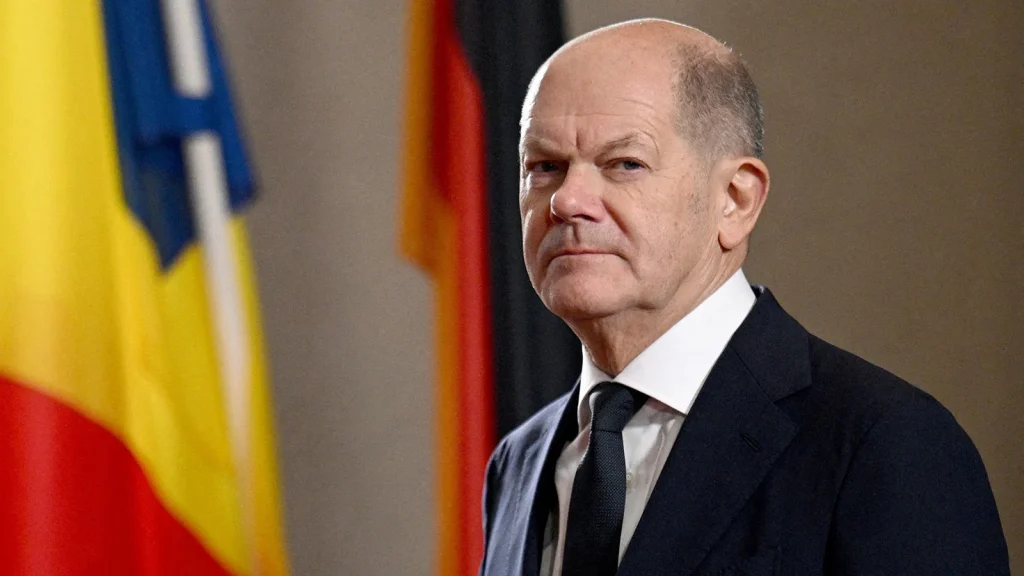
German Chancellor Olaf Scholz held a rare phone call with Russian President Vladimir Putin on Thursday, signaling an effort to re-engage diplomatically amid the ongoing war in Ukraine. Scholz, one of the strongest advocates for Ukraine within the European Union, reached out to Putin as tensions escalated across Eastern Europe.
The conversation, which took place against the backdrop of military advancements on both sides, has drawn attention to its potential implications on the future of the conflict and Germany’s role in European diplomacy.
The call was the first direct exchange between the two leaders in months and comes at a critical time in the war. As Ukraine continues to face Russian advances in the east and south of the country, Scholz’s outreach to Putin represents an attempt to de-escalate tensions and open channels of communication, despite the deepening military standoff.
The German government confirmed the conversation, stating that Scholz clarified to Putin that the war must end and that Russia must respect Ukraine’s territorial integrity.
The timing of the call is significant. Scholz has been under pressure both domestically and internationally to take a more active role in pushing for an end to the conflict. As a key member of NATO and the European Union, Germany has played an influential part in providing military and financial support to Ukraine.
However, the war has also taken a toll on Germany, especially in terms of energy prices and the economic challenges brought on by sanctions imposed on Russia. Scholz’s government faces growing criticism from some quarters for not doing enough to force a diplomatic solution, while others call for more aggressive support for Ukraine’s defense.
Scholz’s diplomatic approach, in contrast to some other Western leaders who have taken a more confrontational stance toward Russia, has often focused on keeping open lines of communication with Moscow.
This contrasts with the rhetoric of leaders like U.S. President Joe Biden and British Prime Minister Rishi Sunak, who have been more vocal in their condemnation of Russia’s actions and have called for even more stringent measures to isolate Russia on the global stage.
Scholz’s efforts to talk to Putin reflect Germany’s historical emphasis on diplomacy and its central role in European peace initiatives.
The phone call came after a series of high-profile international meetings in which the ongoing conflict in Ukraine was a dominant topic of discussion. Scholz had attended a NATO summit earlier in the month, where leaders reaffirmed their commitment to supporting Ukraine while also looking for ways to bring about a peaceful resolution.
The chancellor’s call to Putin follows broader European efforts to keep diplomatic pressure on Moscow. Scholz emphasized that a political solution was the only way forward, despite the setbacks and difficulties on the battlefield.
Putin, for his part, has shown little inclination to back down from his military objectives. In recent months, Russia has continued to press forward with its military campaigns in Ukraine, particularly in the eastern regions of the country, where fierce fighting continues.
The Kremlin has also made statements underscoring its demands for Ukraine to recognize Russian territorial claims, including the annexation of Crimea, which is a non-starter for Kyiv and most of the international community.
The call between Scholz and Putin is also seen as a reminder of Germany’s complex position within Europe. While Germany has been at the forefront of the EU’s efforts to support Ukraine and counter Russia’s aggression, it is also heavily dependent on Russian energy resources.
The long-standing reliance on Russian gas and oil has complicated Germany’s policy decisions regarding sanctions and military support. Scholz has faced criticism for initially hesitating to send advanced weapons to Ukraine, but in recent months, Germany has provided significant military aid, including air defense systems and tanks.
European leaders, particularly those from Eastern and Central Europe, have been urging Germany to take a stronger stance against Russia, and there is ongoing pressure within the EU to escalate sanctions further.
The call between Scholz and Putin may also reflect Germany’s desire to balance its role as a major economic power with its commitment to European security and its NATO obligations.
The war in Ukraine continues to reverberate across the world, influencing everything from global energy markets to the alignment of political alliances. Scholz’s decision to reach out to Putin may reflect a growing sense of urgency to find a resolution, but it also underscores the divisions within Europe over how to address the crisis best.
With the winter months approaching and no end in sight to the conflict, leaders like Scholz will continue to face the difficult challenge of navigating their national interests while working to uphold international solidarity in the face of Russian aggression.
The call between Scholz and Putin may not lead to immediate breakthroughs, but it marks a significant moment in European diplomacy.
With tensions running high and the humanitarian impact of the war worsening, Scholz’s attempt to engage directly with Putin could be seen as a step towards reopening a dialogue that has largely been absent in recent months.
The outcome of this renewed communication, and whether it can lead to a shift in the trajectory of the conflict, remains to be seen.


